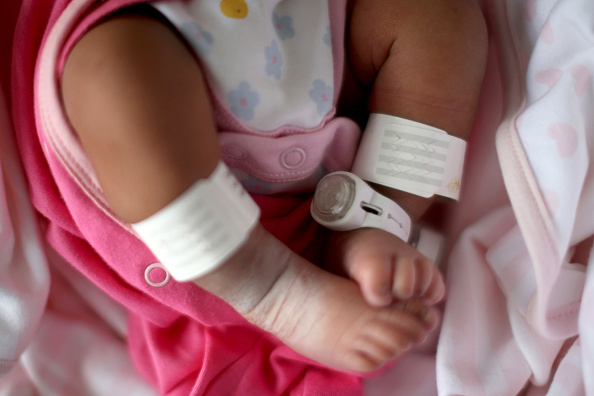
Most of states and U.S. territories do not have good policies or protocols in place for getting women with high-risk pregnancies or at-risk newborns to specialized care centers and then back to their local hospitals for follow-up. The policies or protocols that exist are usually inadequate and may not cover how such transportation will be paid for, according to a study.
The study evaluated transportation policies in all 50 states and 8 U.S. territories. It found that while 34 states had policies for transporting high-risk mothers and newborns to medical centers that had more advanced care, only 16 had protocols for transporting the mother and baby back to their originating hospital, which is usually their local hospital. Eight states had policies in place for transporting newborns alone back to their home hospital, while the other eight had policies addressing both mother and infant.
Three of the eight U.S. territories had local transport policies in place.
A pregnant woman is considered to be at high-risk if she has medical problems that could adversely affect her baby, which can include high blood pressure, diabetes, or kidney or heart problems. Newborns who are at high risk include those who are born prematurely or who have birth defects. These women and babies may need advanced imaging or radiology services, neonatal intensive care units, or medical and surgical specialists.
Nearly half the states lacked payment rules for transporting newborns to neonatal intensive care units. The reimbursement for transportation back to the local hospital was not addressed in 25 of the 31 states that had any policies in place. Less than half of states and only one territory listed Medicaid as an option for payment even though about half of pregnancies and births in the United States are covered by Medicaid.
Transportation policies for pregnant women and newborns that need specialized care is a public health issue. If transportation is not available or is not reimbursed, mothers and babies may end up staying at hospitals that do not have the advanced care that they require.
Bringing them back to their local hospitals when advanced care is no longer needed is equally important. This allows parents to go back to caring for the rest of their families and to work and allows the mother to breastfeed and bond with her baby. Health insurance may not cover such transportation.
The study was published in the Journal of Perinatology.
